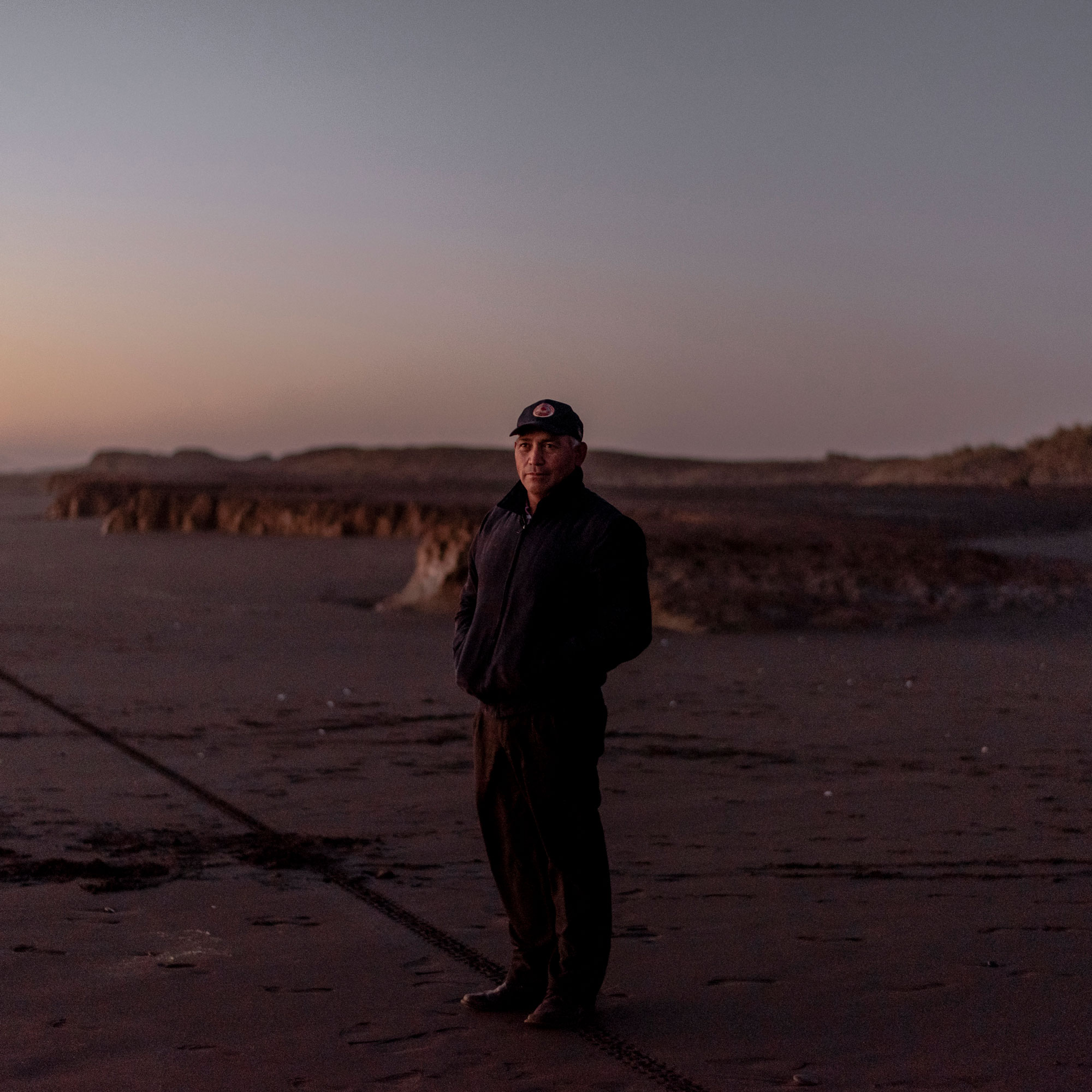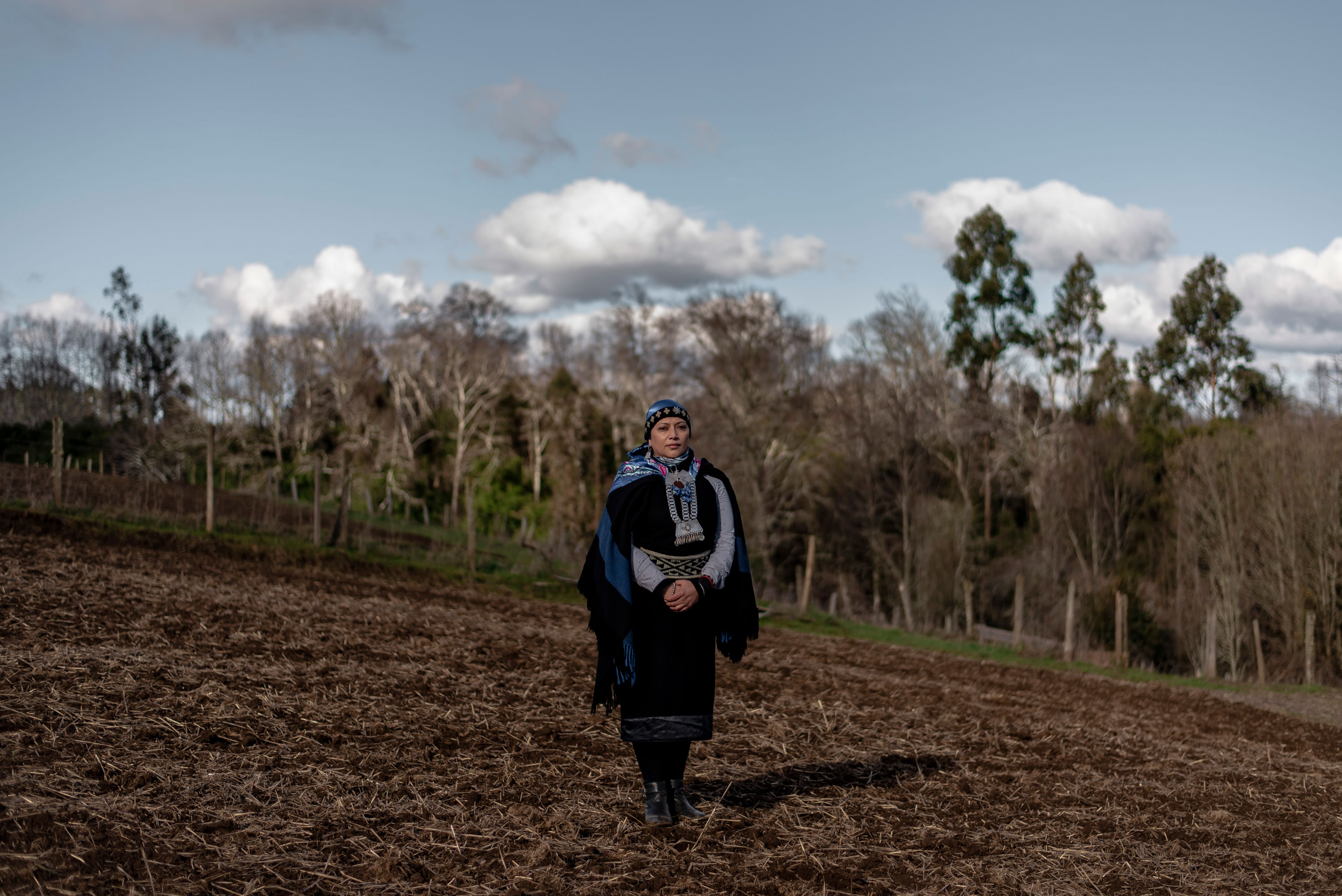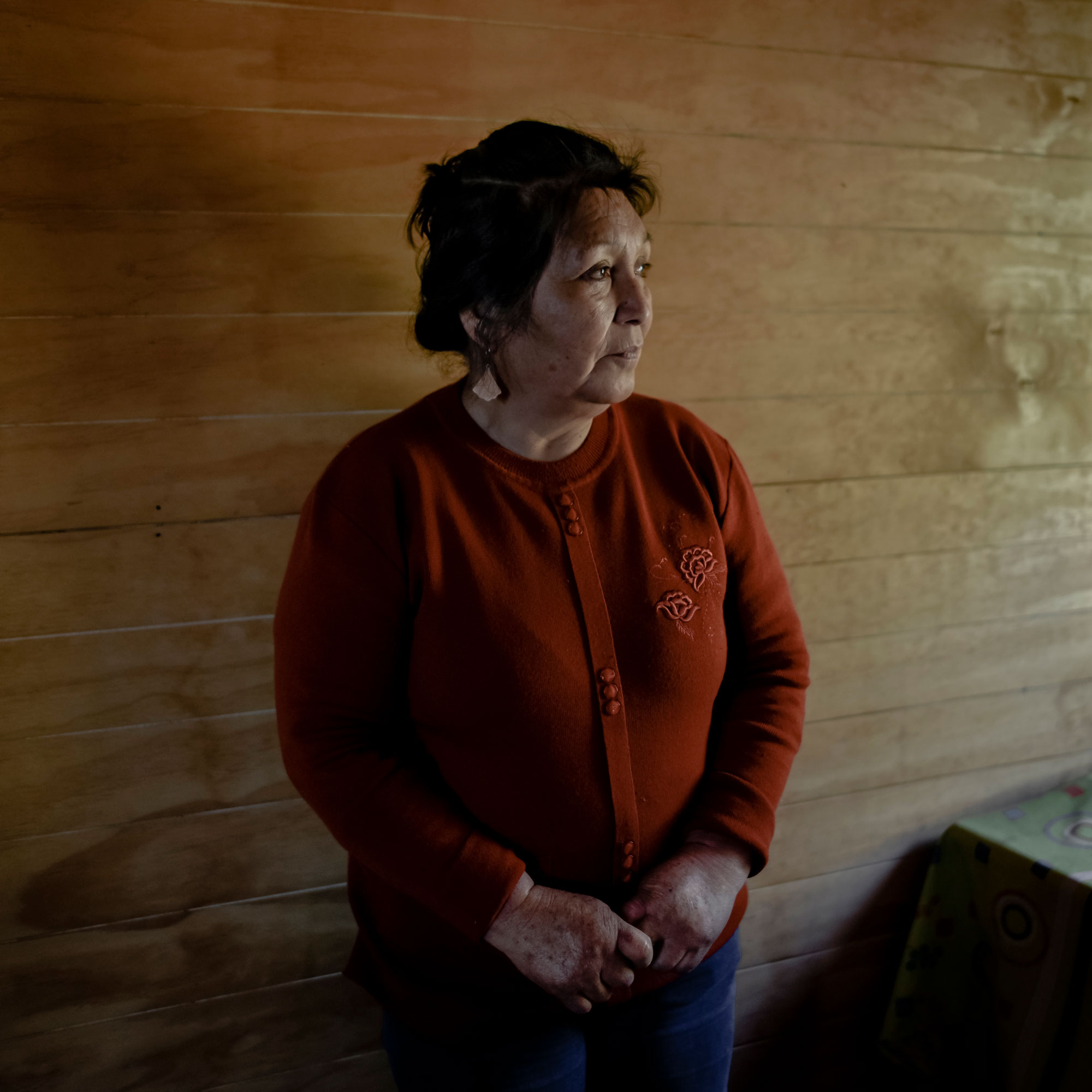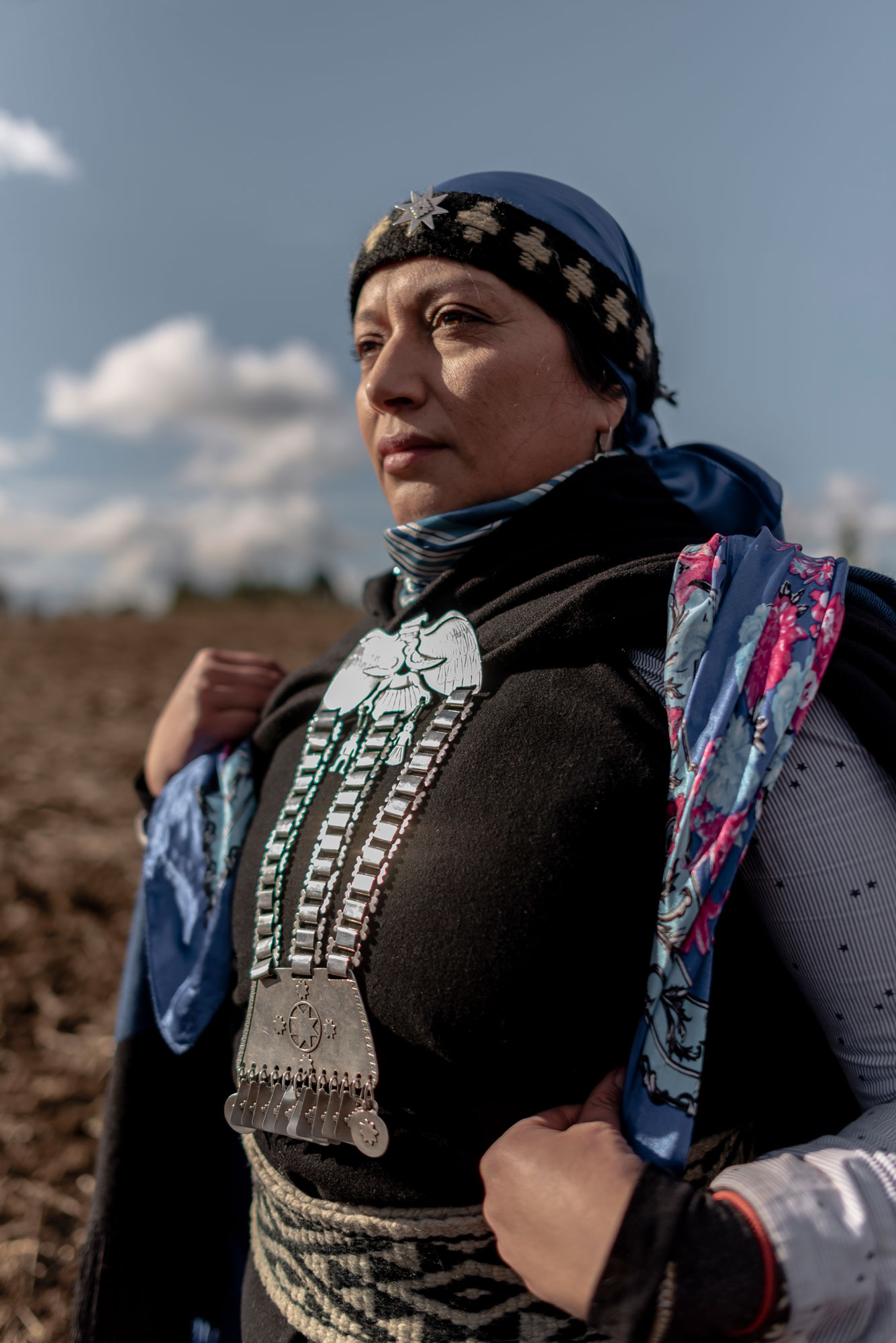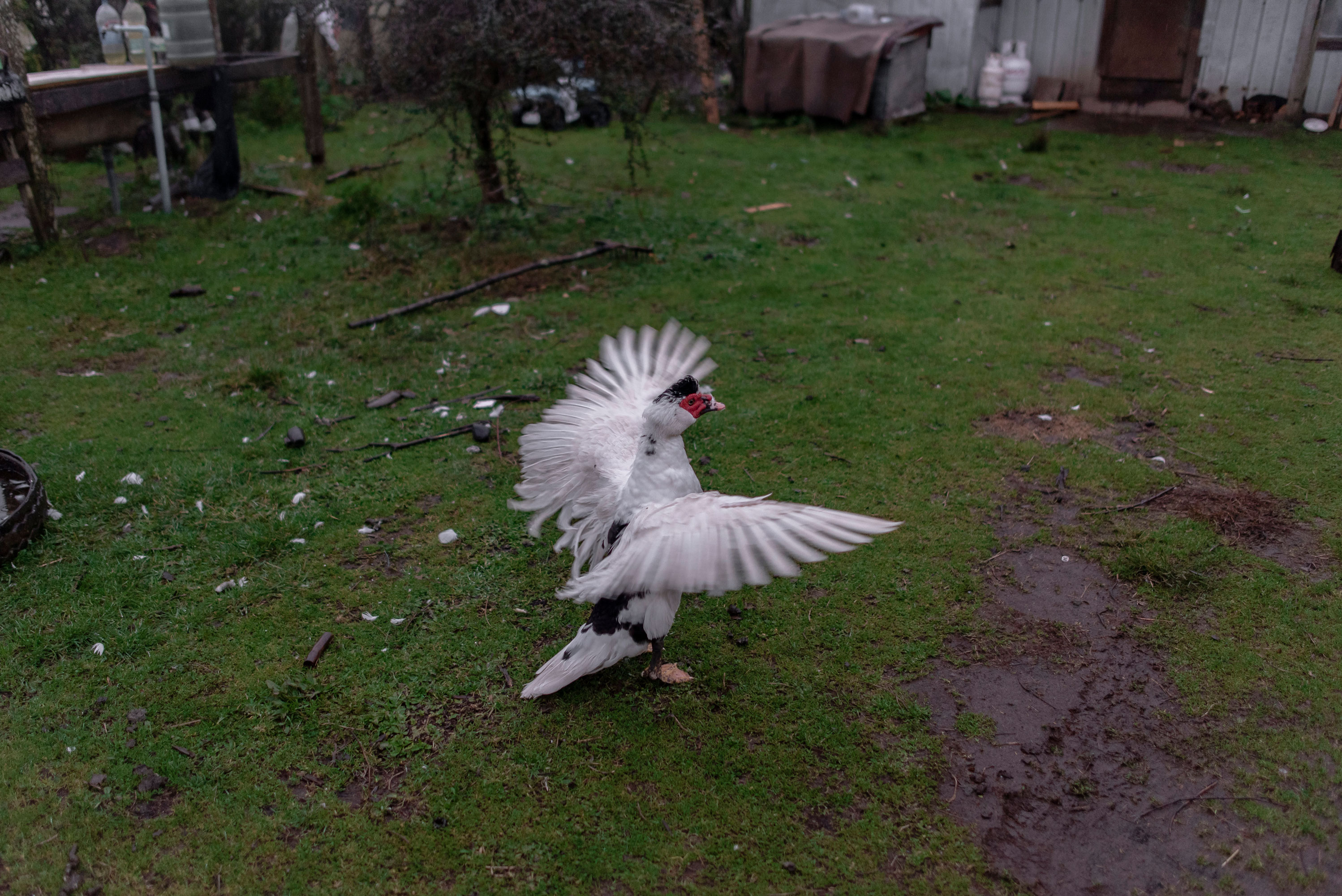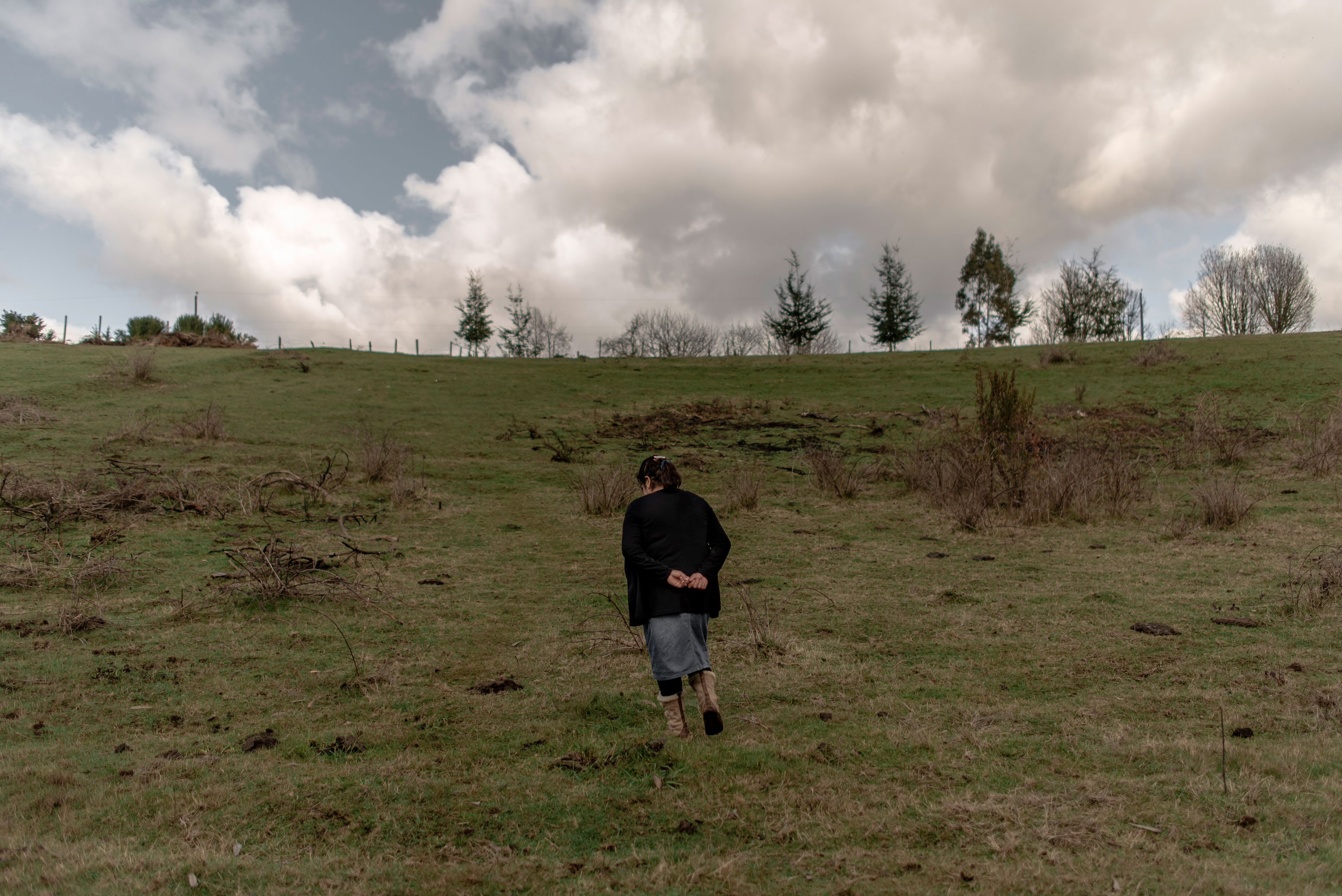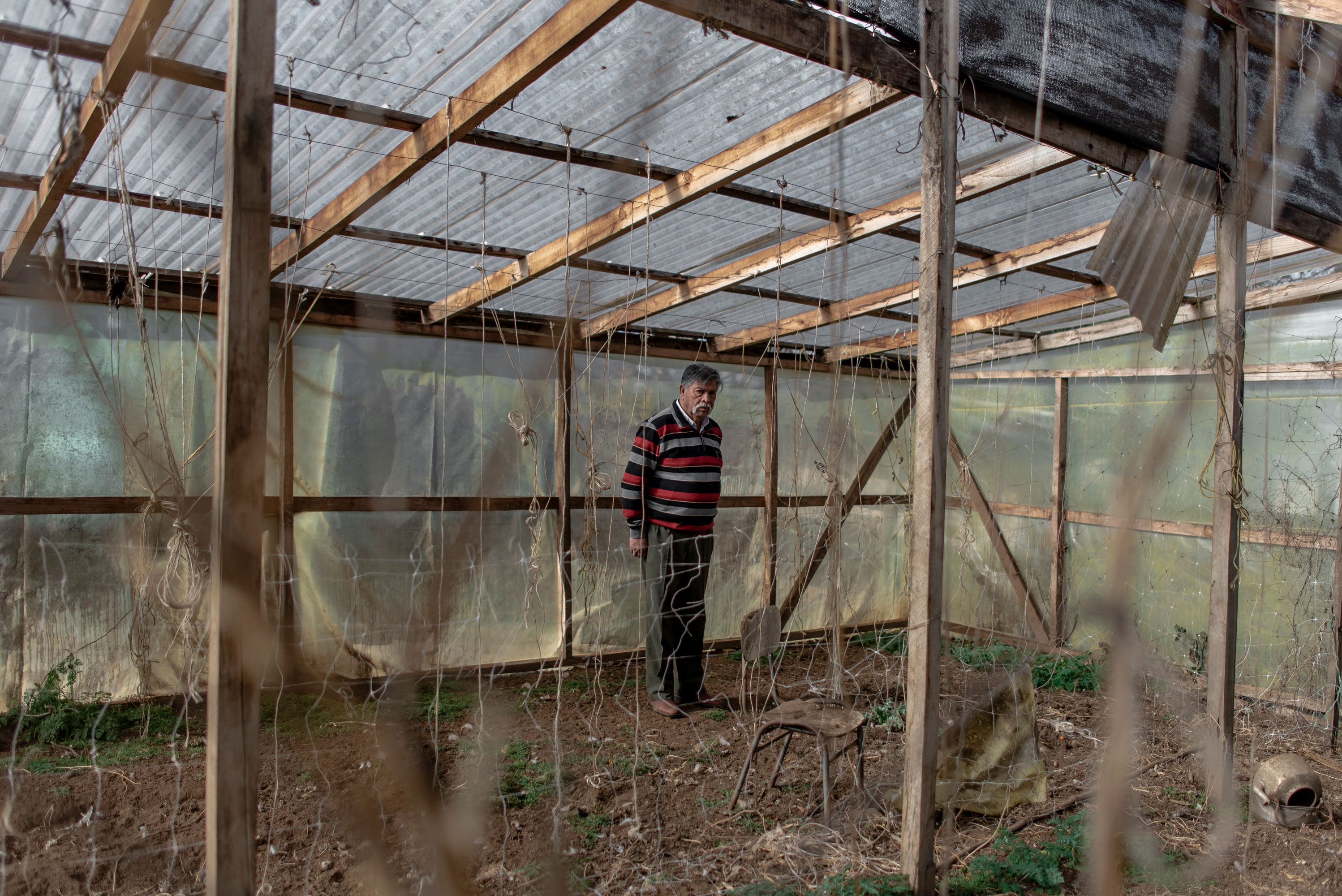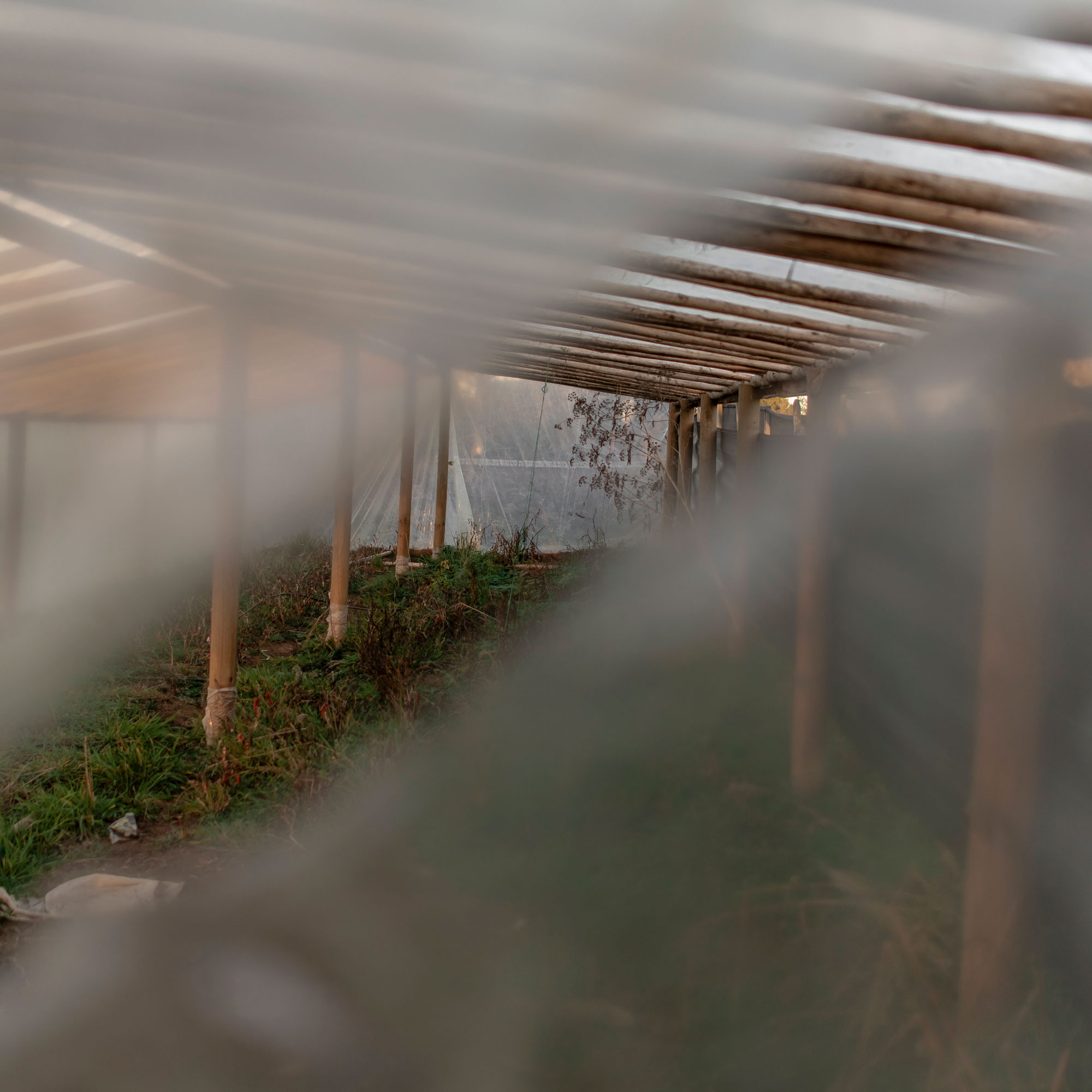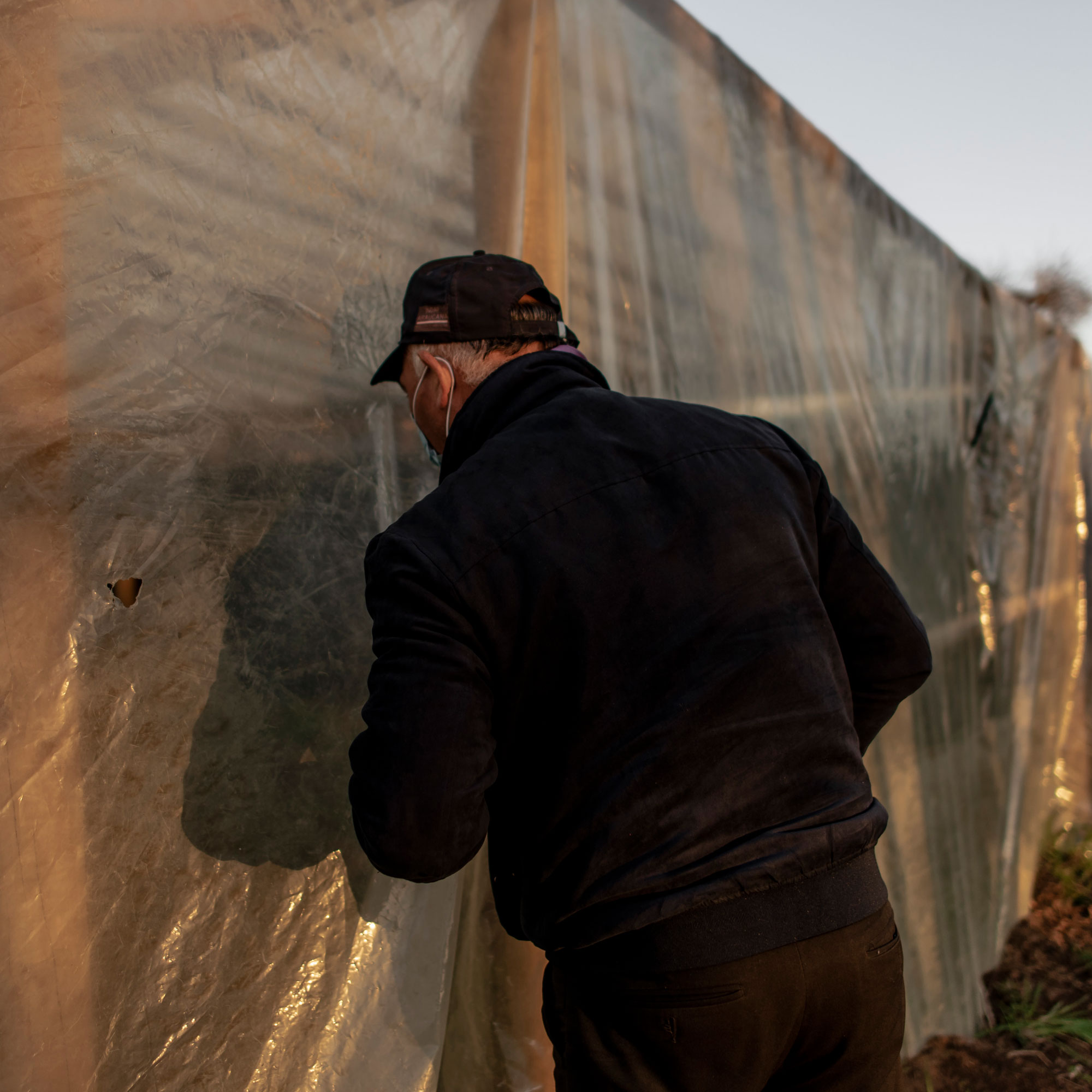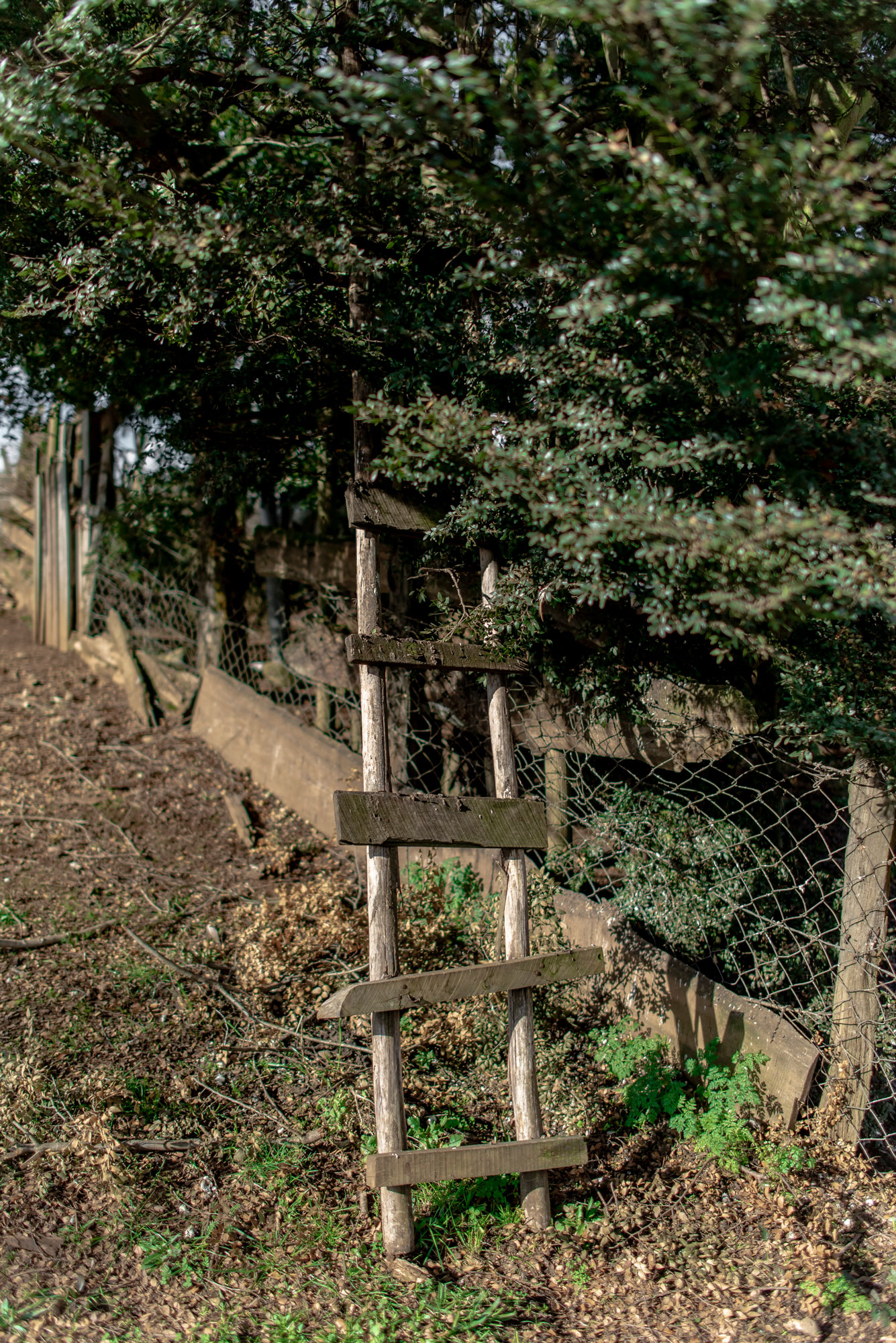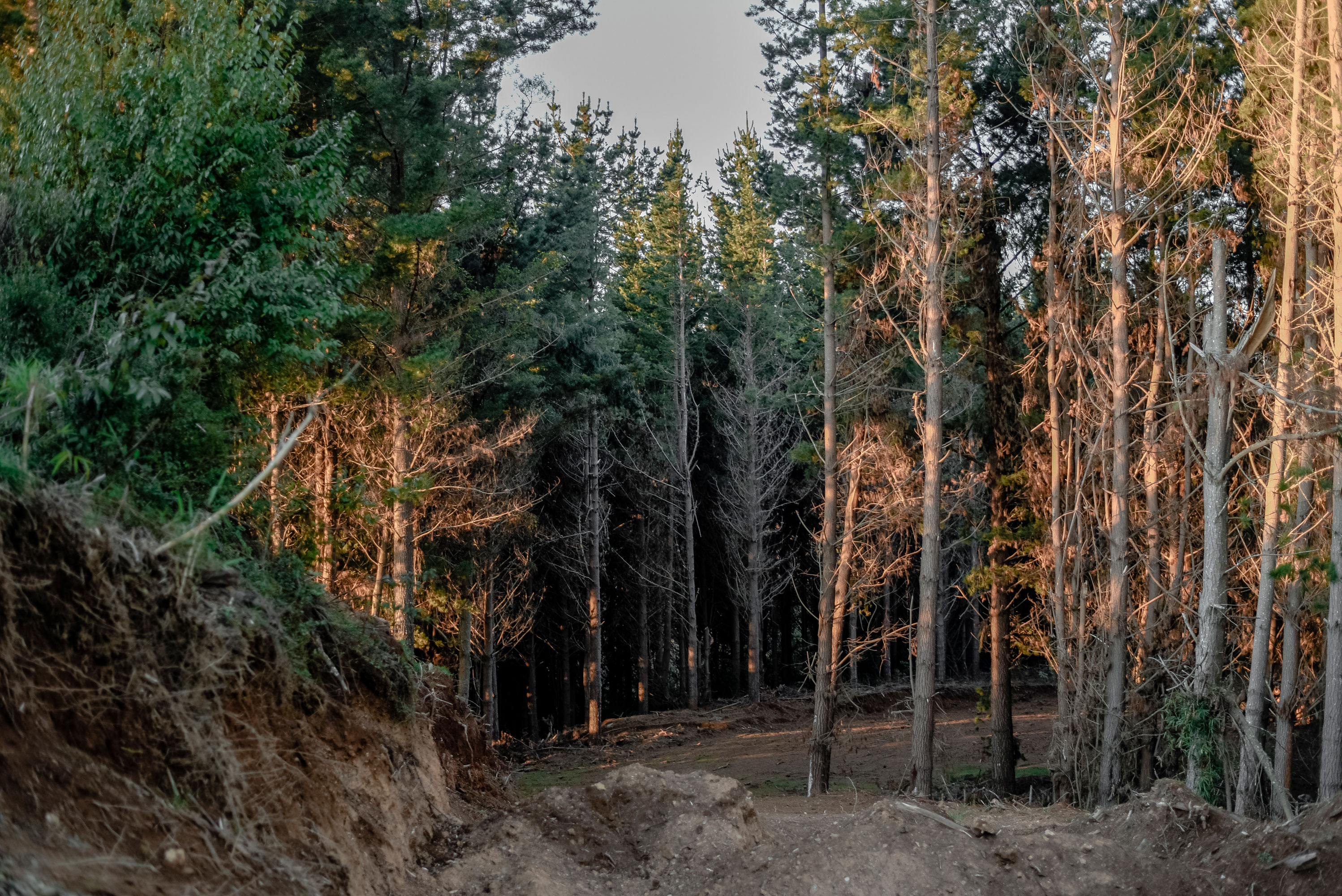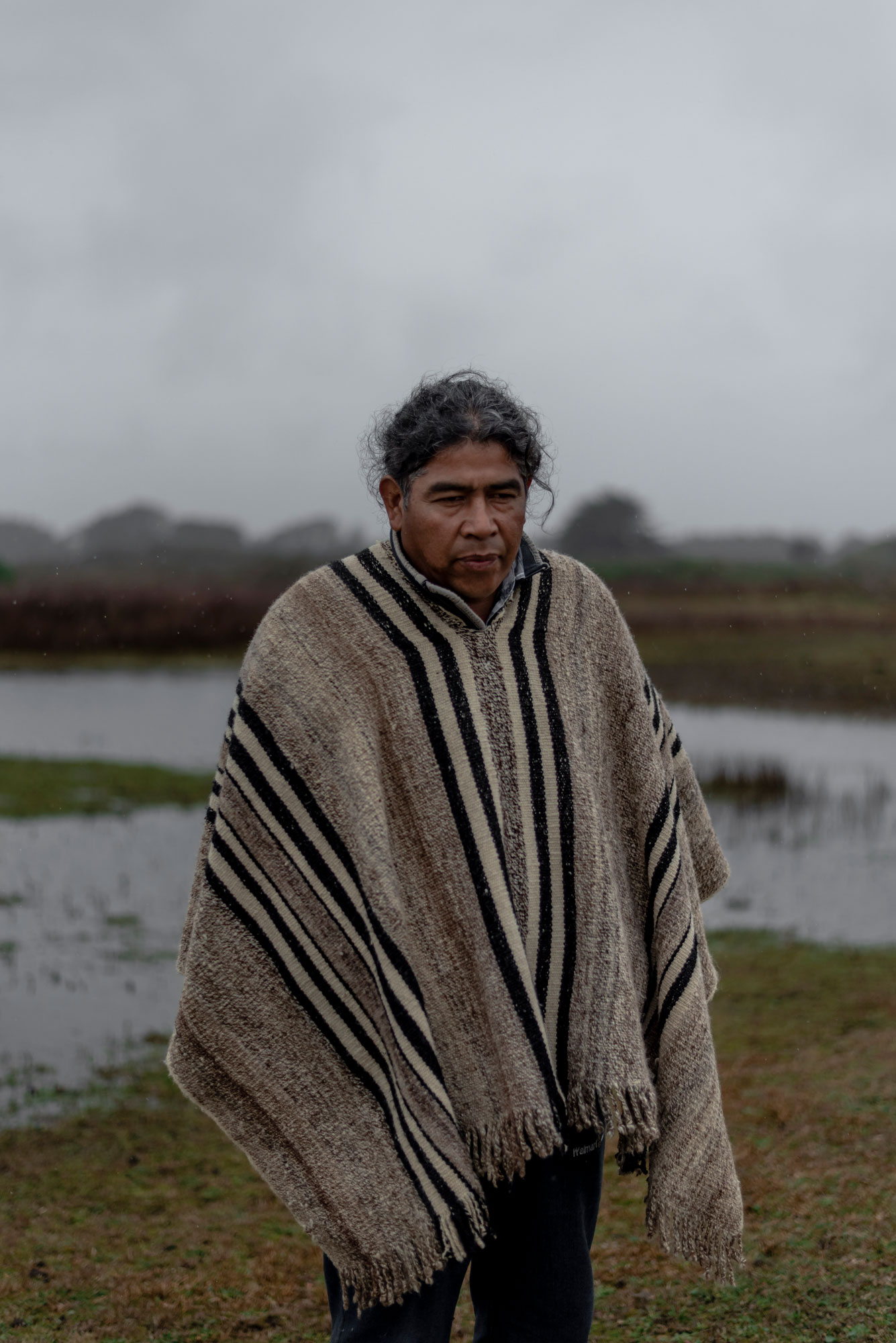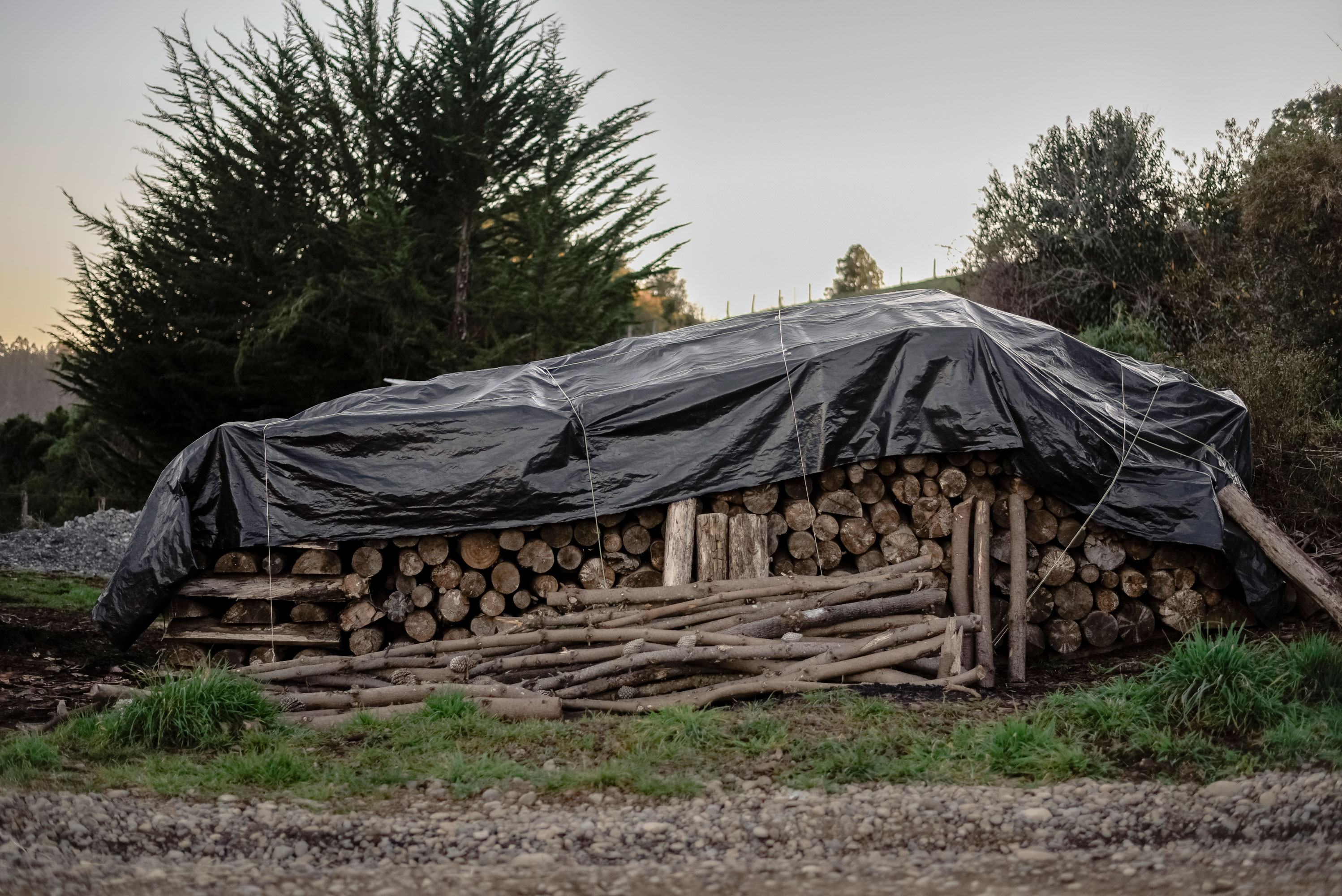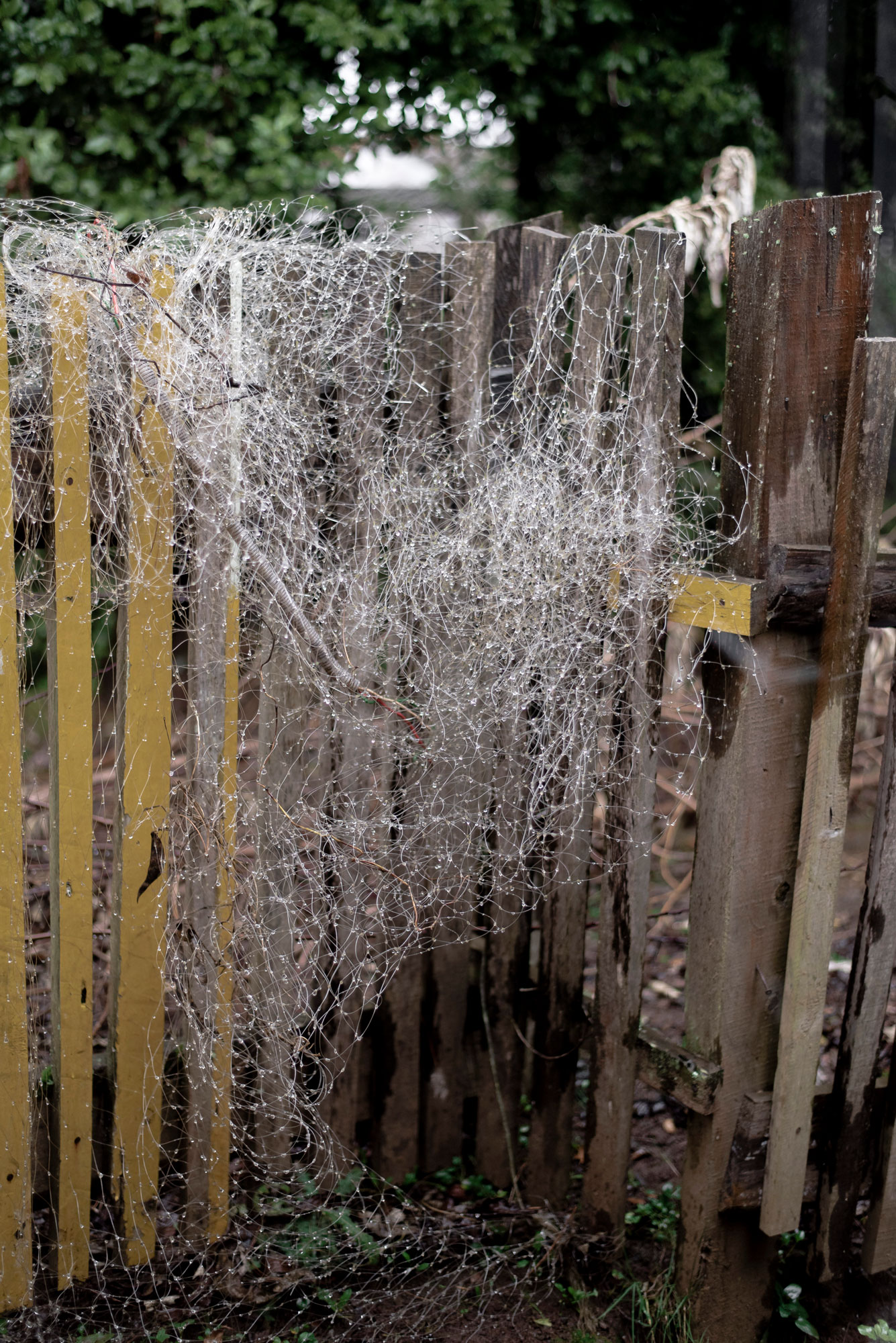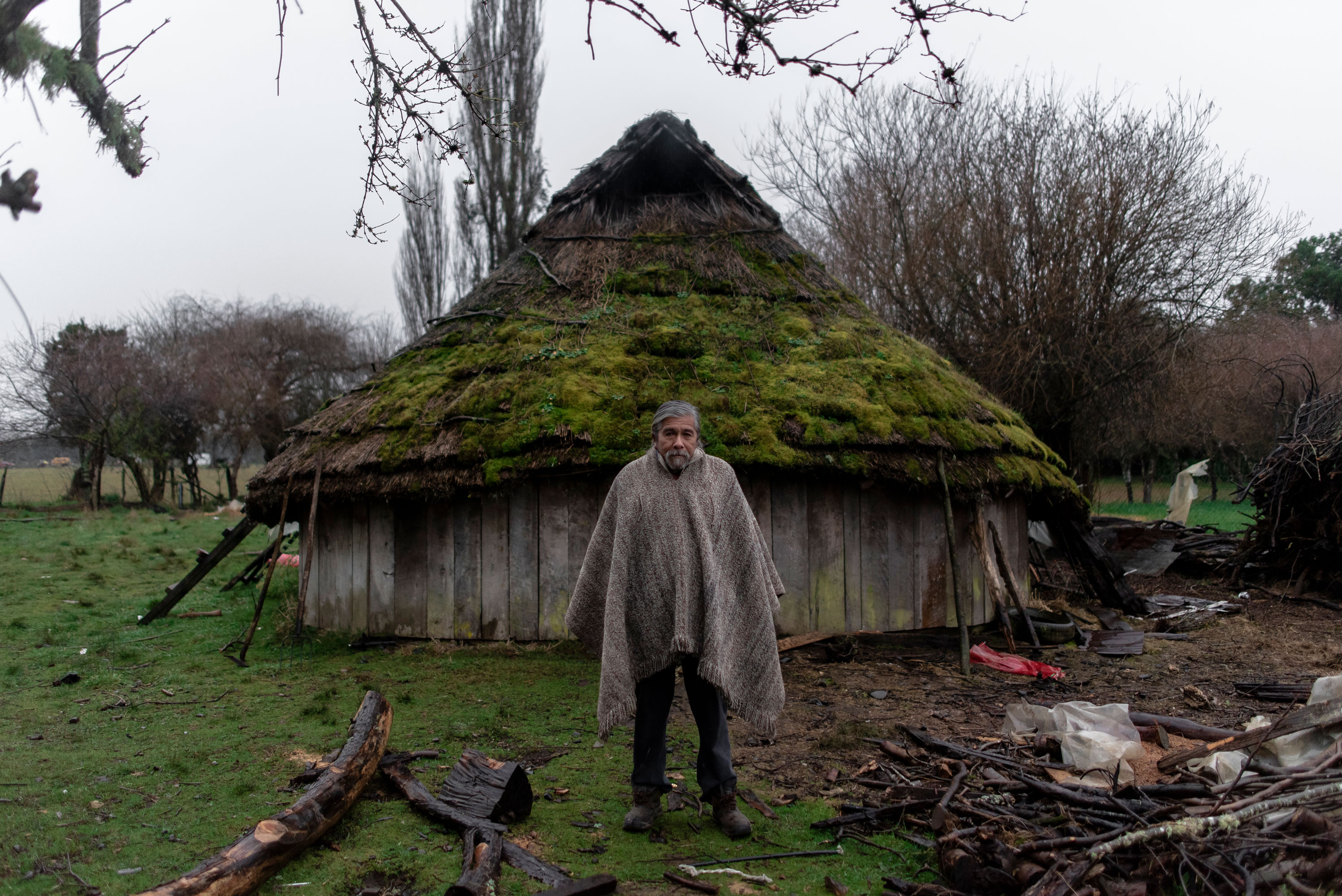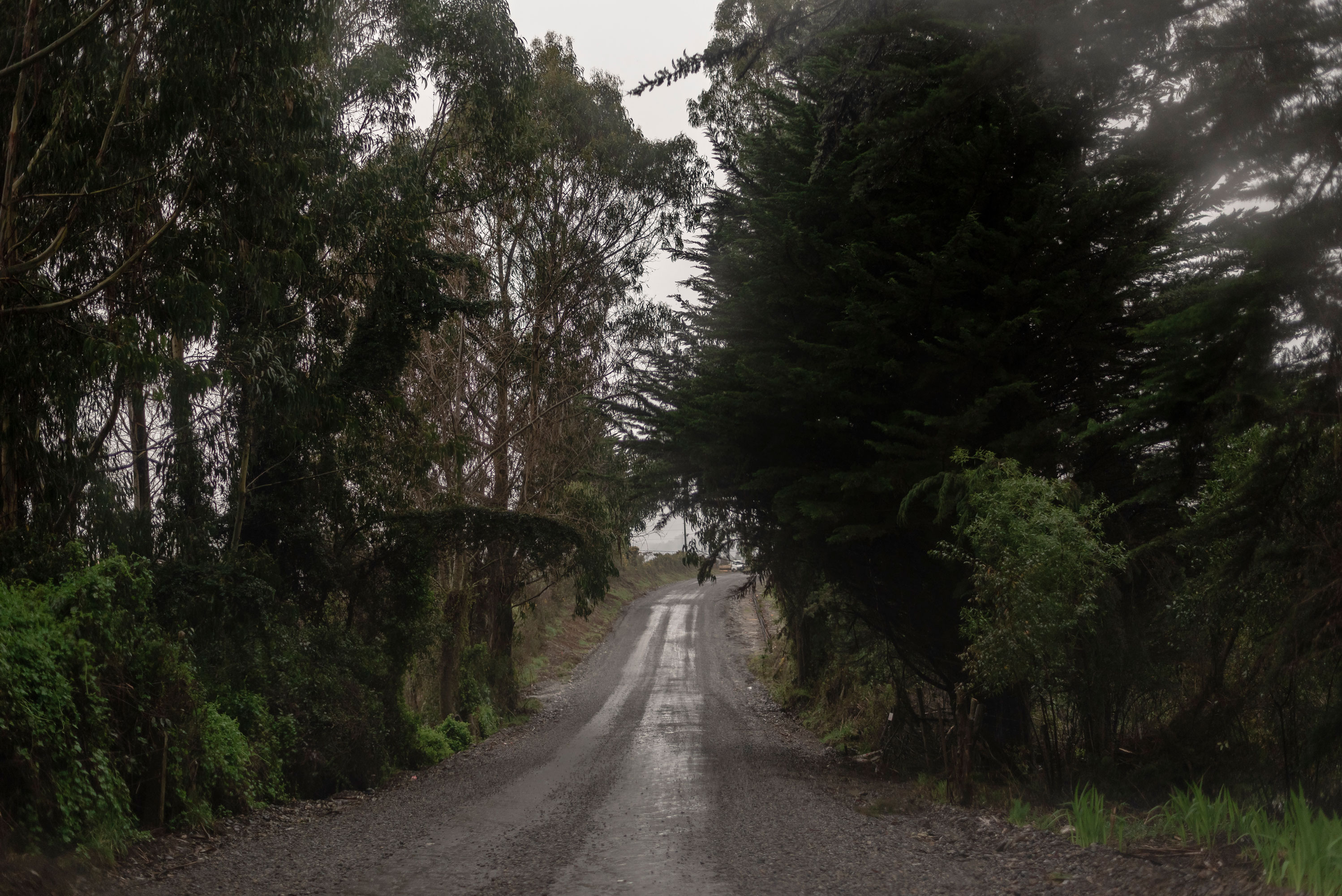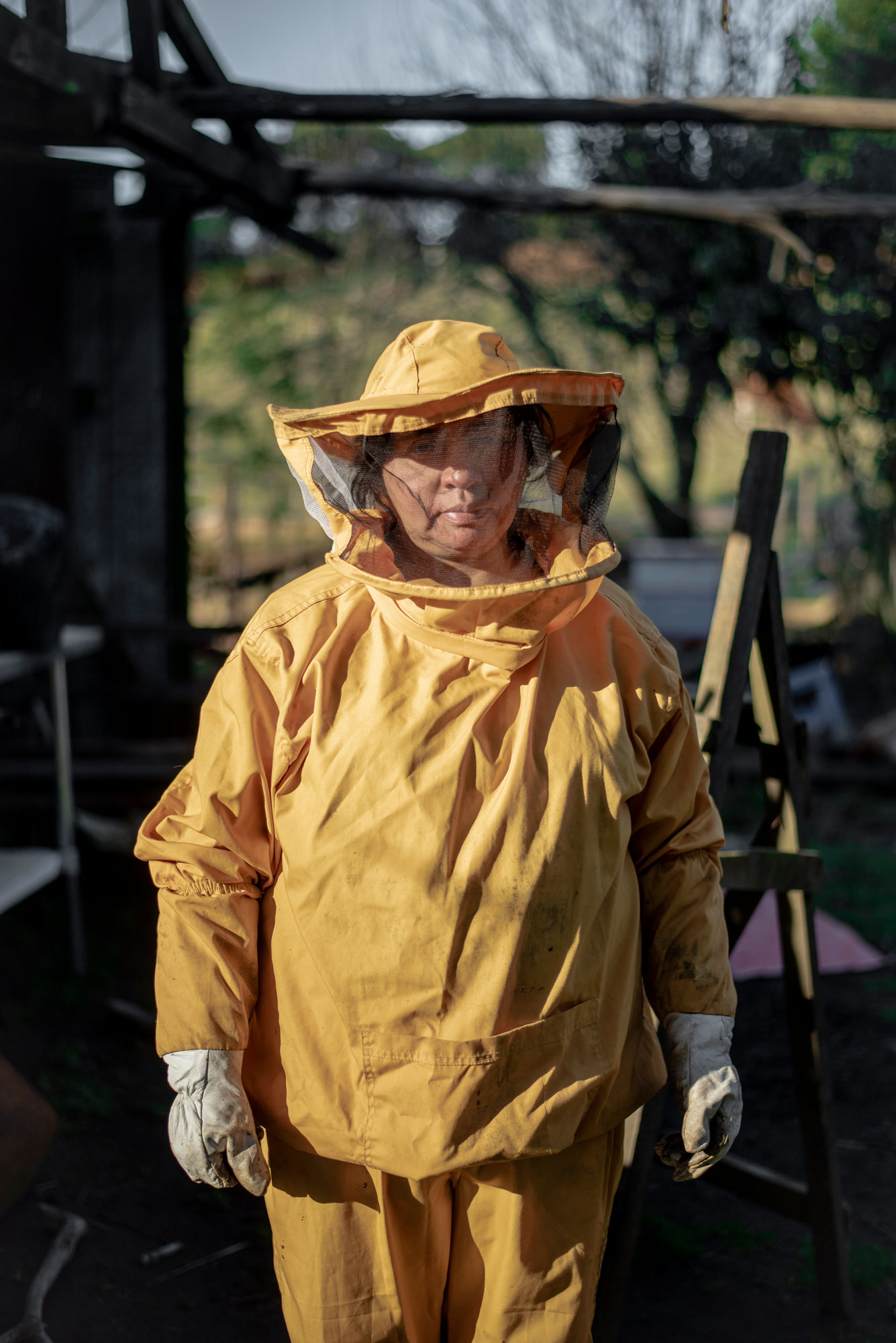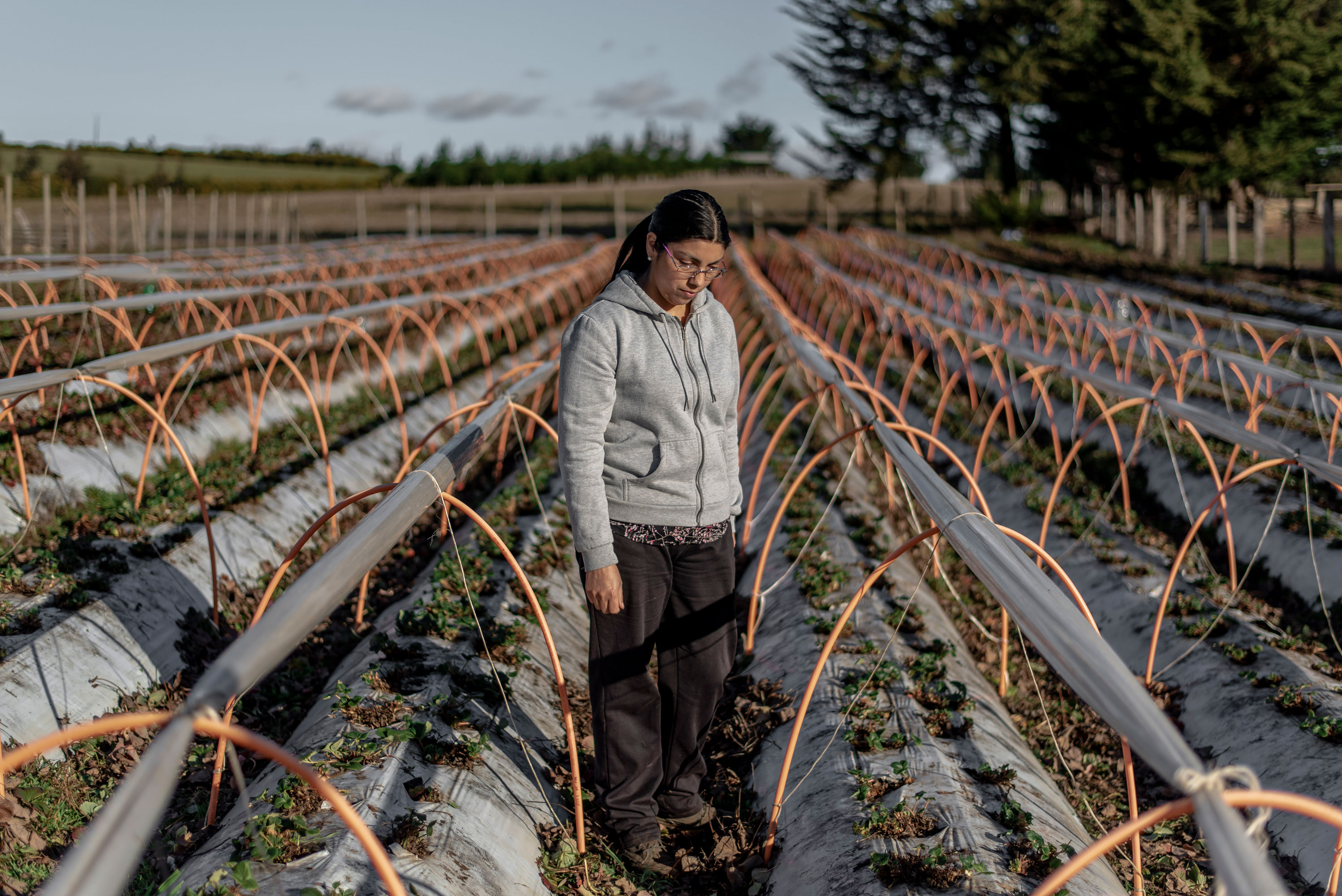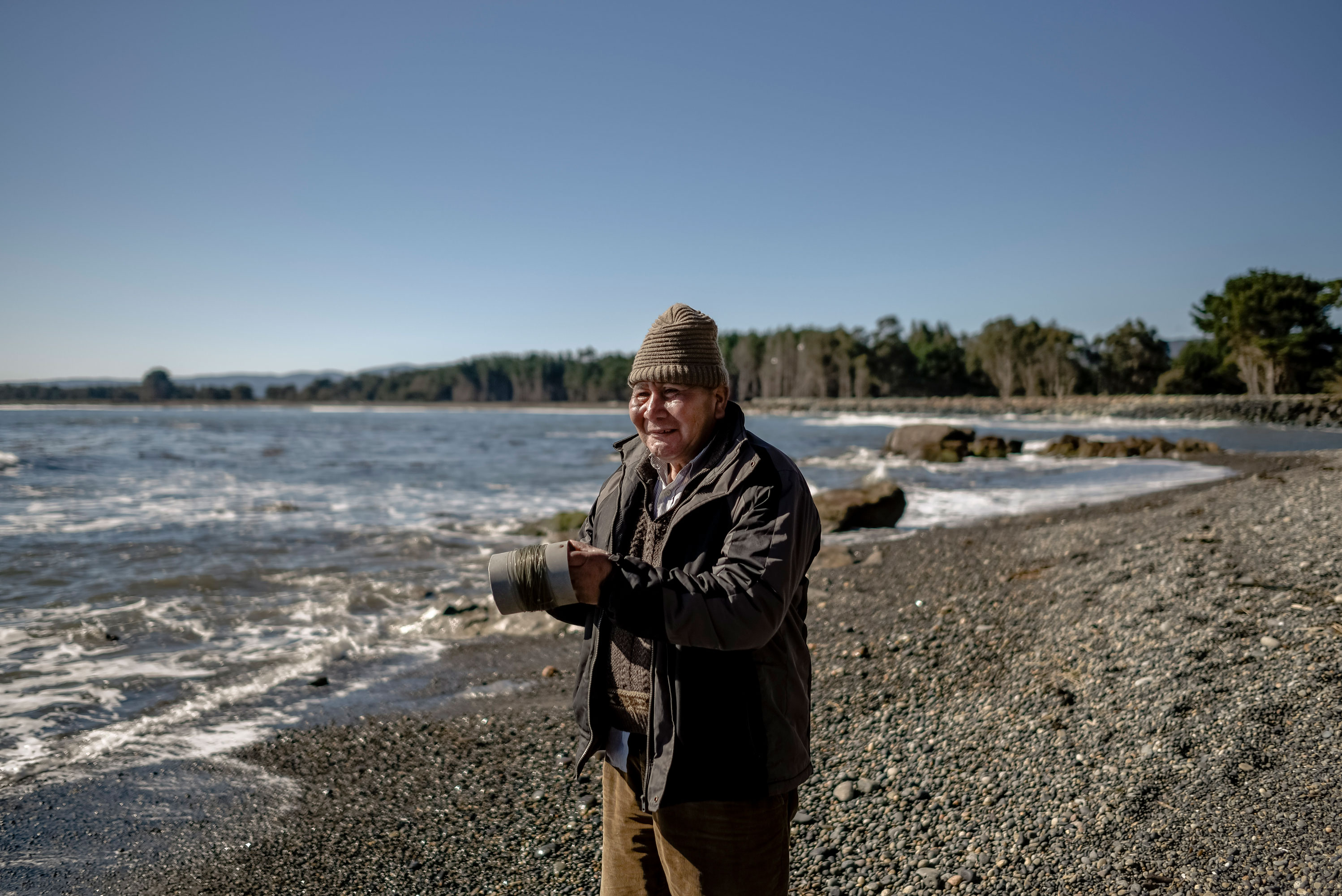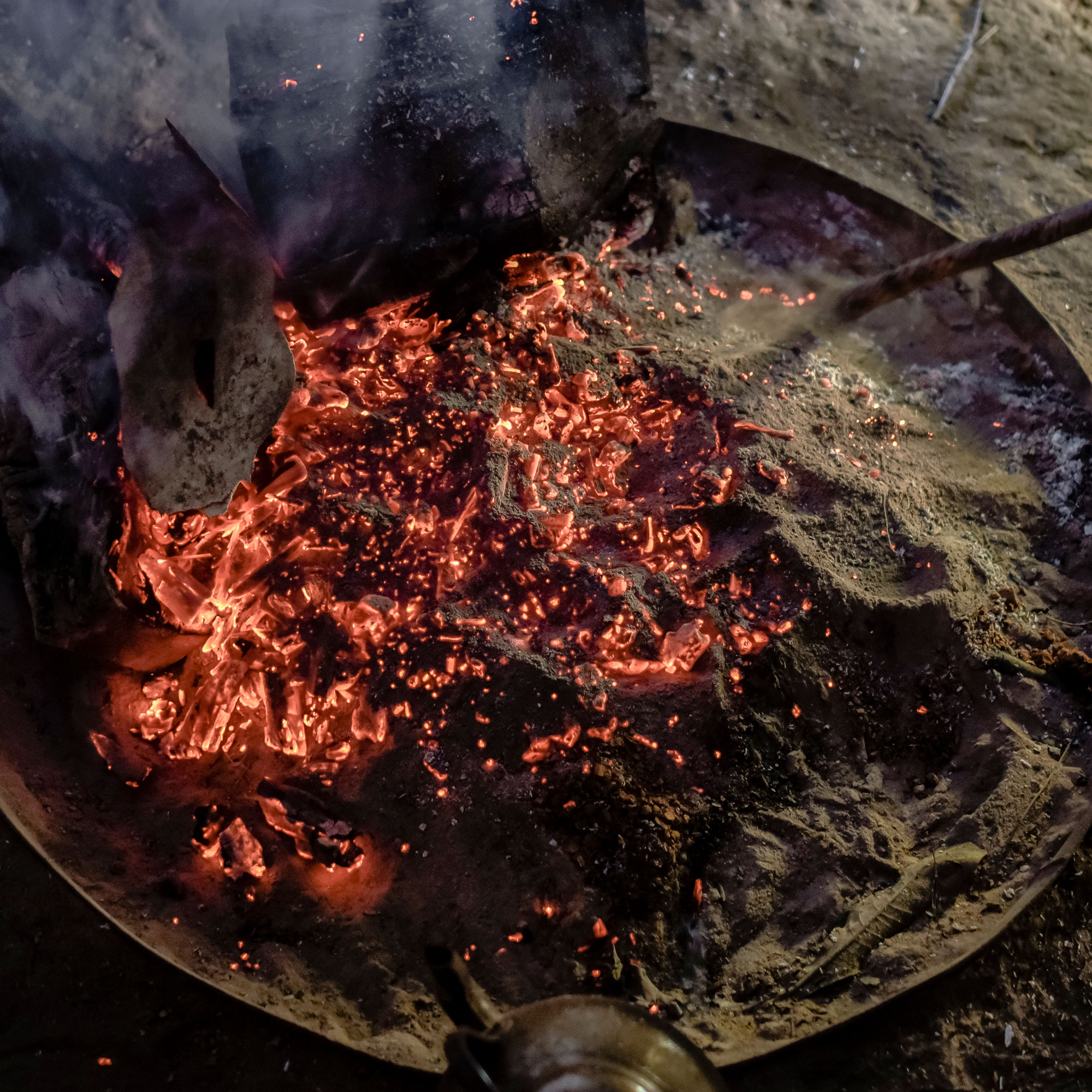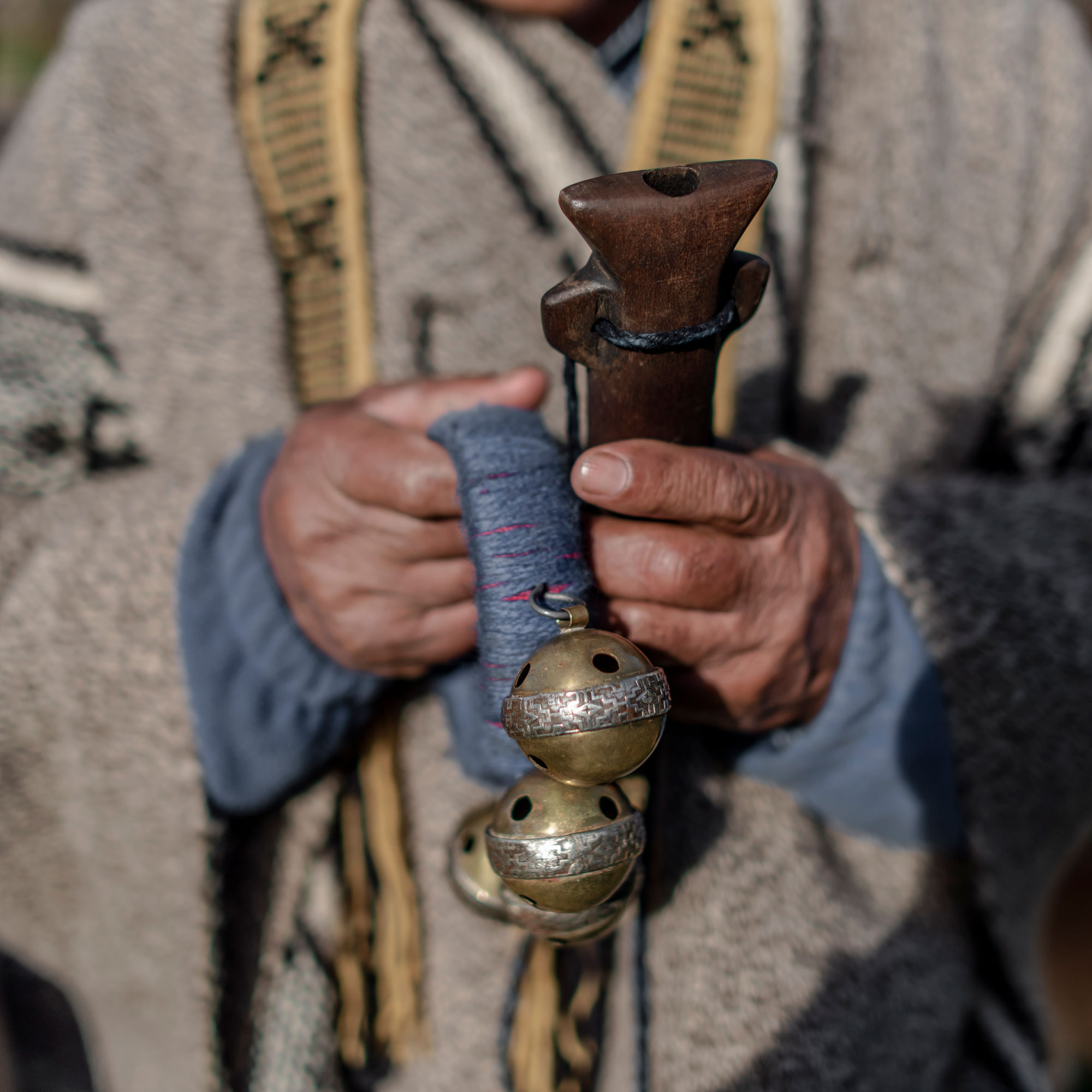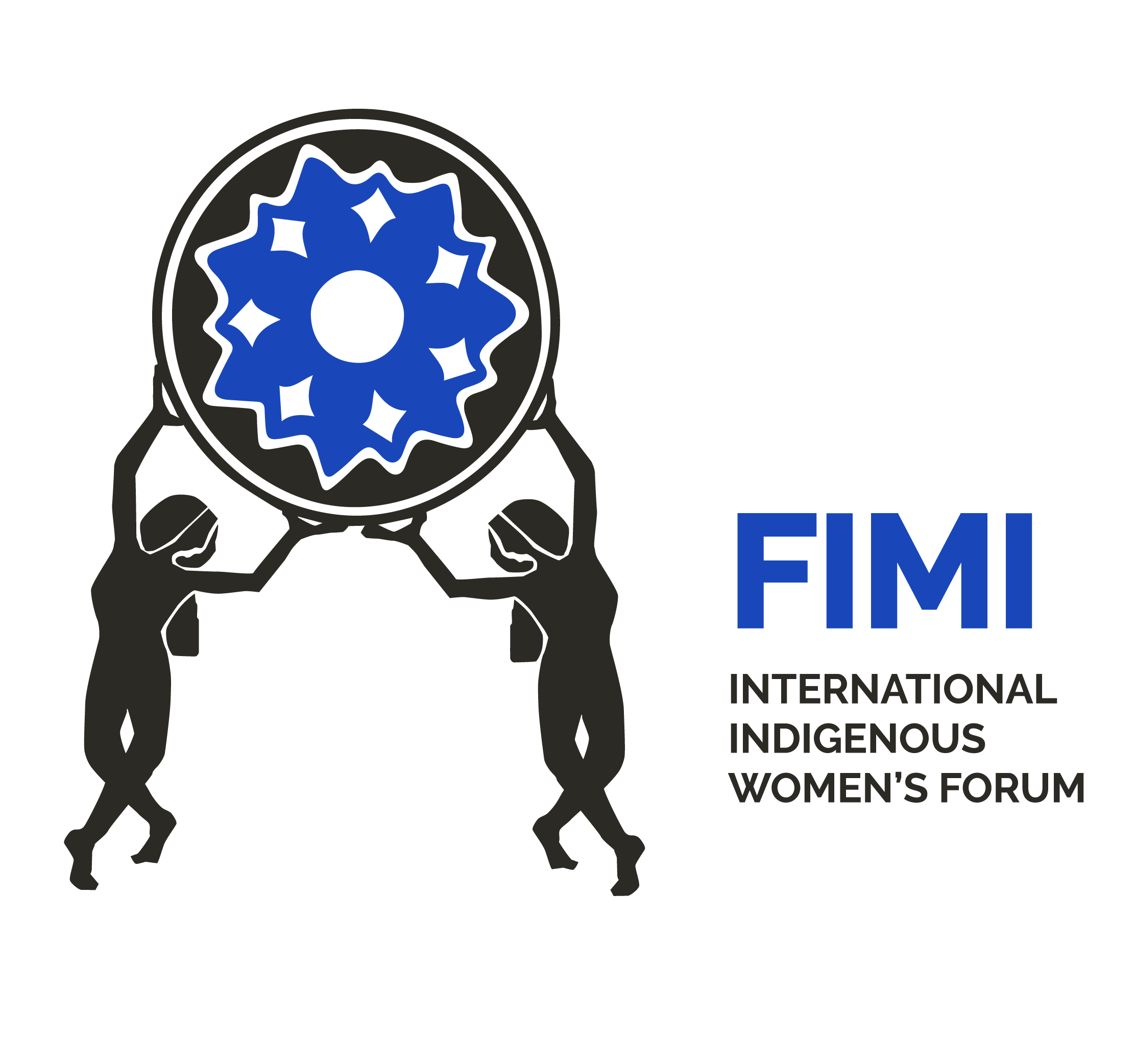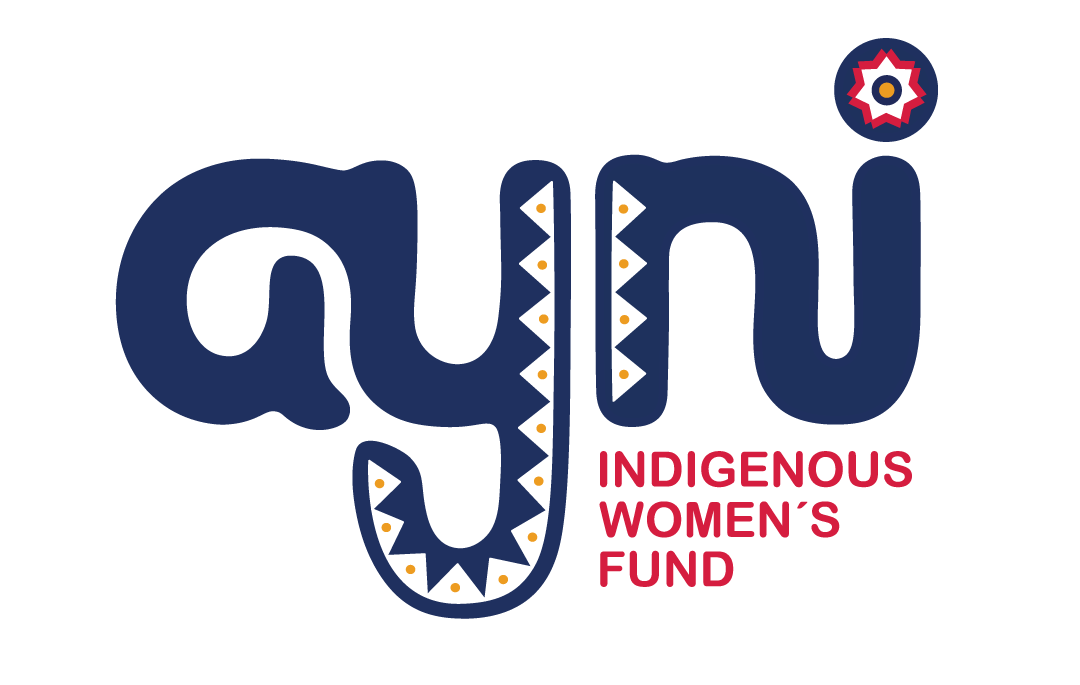Every morning, Hermo Hernán Antilef thanks the creator for the health and life of his neighbors in the community of Teodoro Schmidt, located in the southern Araucanía region of Chile, the most impoverished in the country. He gives thanks, above all, for his wife, son and two daughters. The oldest is a nurse, the boy an electrician and the youngest daughter is still in school, studying from home as a result of the pandemic, but with serious limitations in connectivity. She represents one of the many inequalities that have deepened due to COVID-19: the digital divide. "It’s like we are always last," says Hermo. He believes that the Chilean state only gives them what is left over, not what they need.
“The Indigenous People in Chile have always been abandoned. We do not have real recognition. They say that there are native peoples, but they do not give it the validity that they [we] really have,” he says.

